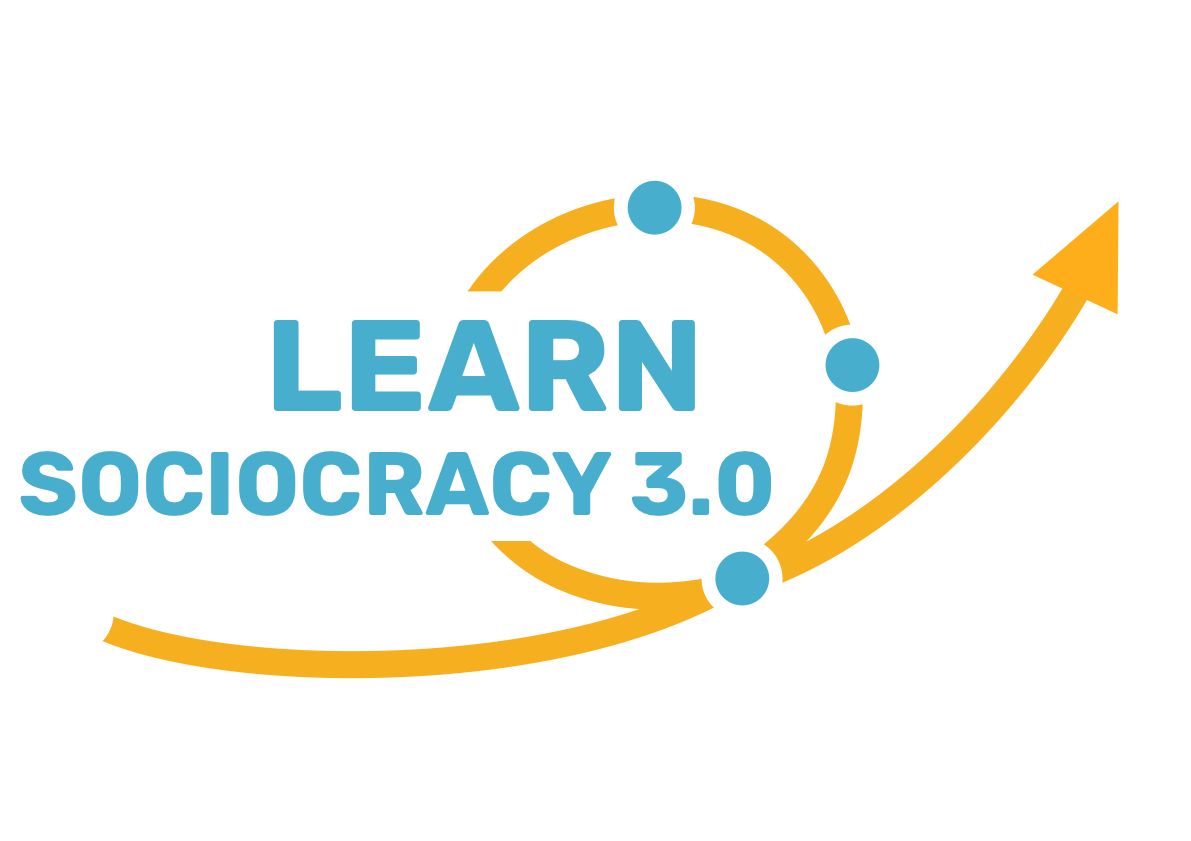
Sociocracy (abbreviated to S3) is a work philosophy for effectively and efficiently shaping and leading organisations. It offers teams and organisations a coherent way to grow towards a culture based on equality, taking (or being allowed to take) responsibility and continuous improvement. A culture that is necessary in order to survive in a volatile, uncertain and complex environment where you have to respond to rapidly changing circumstances and where customers expect immediate feedback.
What happens when you combine holacratic principles with the 'agile' mindset and techniques. The book ‘Sociocracy 3.0’, written by Jef Cumps, explains a few things. What's this actually all about? In Sociocracy, a working method is provided for shaping organisations on the basis of equality, i.e. anyone who is affected by a decision can also influence that decision (every employee becomes a manager). This translates into a very specific decision-making process ('consent'), in which the maximum use is made of the collective intelligence of the group, and in which a proposal will be accepted unless someone has a well-founded objection. In practice, this often boils down to asking the question "is it good enough for now and safe enough to try? Let's do it!"
Another essential component is the dynamics of continuous improvement through experience and from learning from trial-and-error - the organisation is therefore, constantly in motion and driven by progressive insight, in an admittedly controlled way. This requires maximum transparency from each participant with regard to results, progress, mistakes made and areas for improvement. A 'tension' (often interpreted by most people today as problems and frustrations) is approached here in a constructive way: after all, these tensions are also a form of information in which the reality gives us feedback: the field of tension where you are now and where you could/would like to be.
The agile methodology integrates elements such as working in short iterations, daily stand-up meetings, and moments of reflection where the functioning of teams and their members is constantly questioned, and answers to the question "how can we do better?” are sought.
The above principles come together in a common language and approach: motives to do something become DRIVERS, around which people can work (these become DOMAINS that can organise themselves in CIRCLES (+/- teams)). Responsibilities are converted into ROLES that are evaluated at regular intervals, and are therefore best suited to a change of owners, whereby each role has an agreed period of validity.
Stanwick's expert view:
- Sociocracy really isn't something you can just start with. It's about the sharing of power, which has quite a few consequences that not everyone can handle just like that. Think before you start!
- The great advantage of Sociocracy is that, unlike Holacracy, the range of patterns and techniques can be used in a modular and flexible way. In this way, an organisation can develop a new organisational form step by step without major reorganisations, complicated change processes or 'big bang' events. You receive a backpack full of techniques/patterns that you can choose and combine.
- Fast and effective decision-making: decision-making with consensus means that everyone has to agree with a decision, consent, on the other hand, means that everyone can live with it! If someone withholds his/her consent, he/she probably sees something the others don't! It can help to make the move from opposition to common interest.
- All these elements make an organisation that is developed according to sociocratic criteria into a very agile organisation, where things move forward: fast and effective decision making, nothing is set in stone because we are constantly making adjustments, and things are organised according to the themes that matter at that moment (the current problems), even meetings become significantly shorter.
- Moreover, Jef Cumps' book is highly recommended because it’s very accessible and is written from a practical point of view. It’s a good read for all those who believe that equality does not lead to chaos, but to decisions that are more creative and better executed because everyone is co-responsible.
Stanwick supports organisations with regard to Organisational Development using the principles of Holacracy, Sociocracy and Agile. Contact us or read more.
Jean-Paul Nauwelaers


